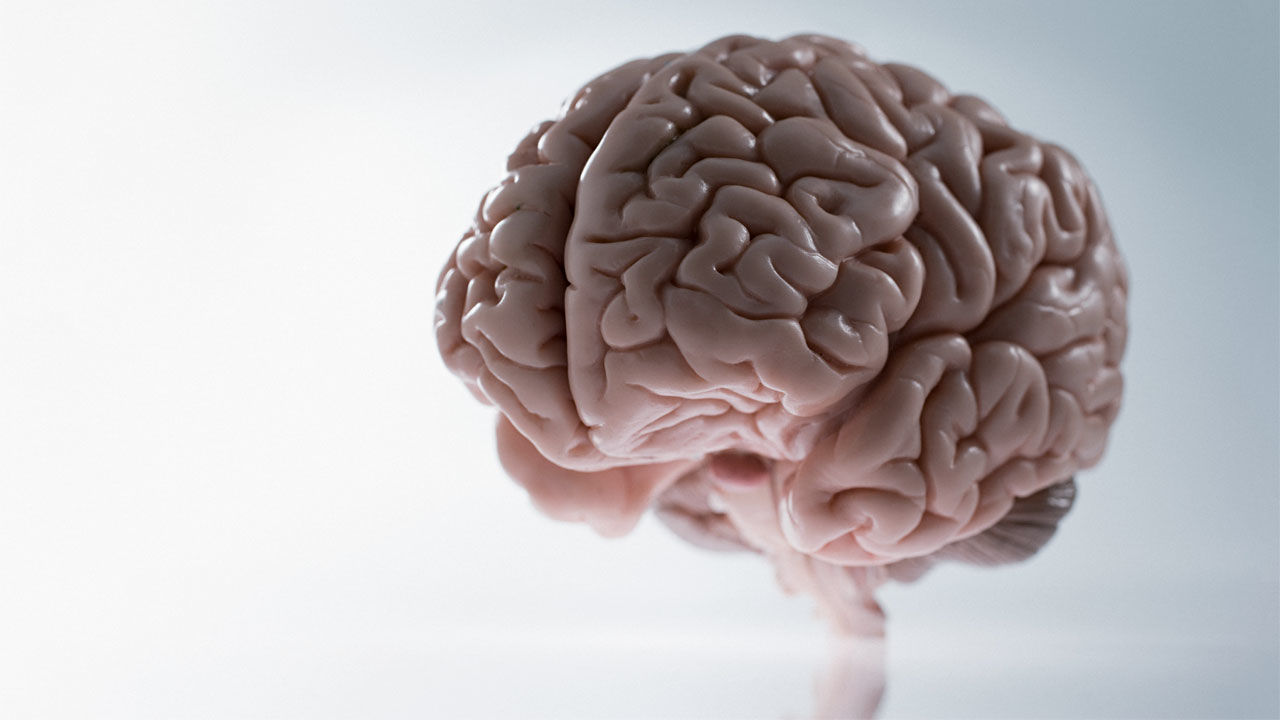According to a study published in Brain, COVID-19 does not directly infect the brain, however, it may still inflict some damage to it.
In the study by a team of researchers at Columbia University, 41 former patients with COVID-19 had their brains examined following contagion with the disease. Ranging from mid to late adulthood, the participants had their brain cells studied for indications of the virus.
No indication of the virus was ever established in the patients’ brain cells.
Among the brain of the patients with COVID-19, its pathology indicated severe neurological effects as a result of the disease.
“Neuropathological examination of 20–30 areas from each brain revealed hypoxic/ischemic changes in all brains, both global and focal; large and small infarcts, many of which appeared hemorrhagic; and microglial activation with microglial nodules accompanied by neuronophagia, most prominently in the brainstem,” the study reads.
“These findings suggest that microglial activation, microglial nodules and neuronophagia, observed in the majority of brains, do not result from direct viral infection of brain parenchyma, but rather likely from systemic inflammation, perhaps with synergistic contribution from hypoxia/ischemia.”
The study concluded: “Further studies are needed to define whether these pathologies, if present in patients who survive COVID-19, might contribute to chronic neurological problems.”


